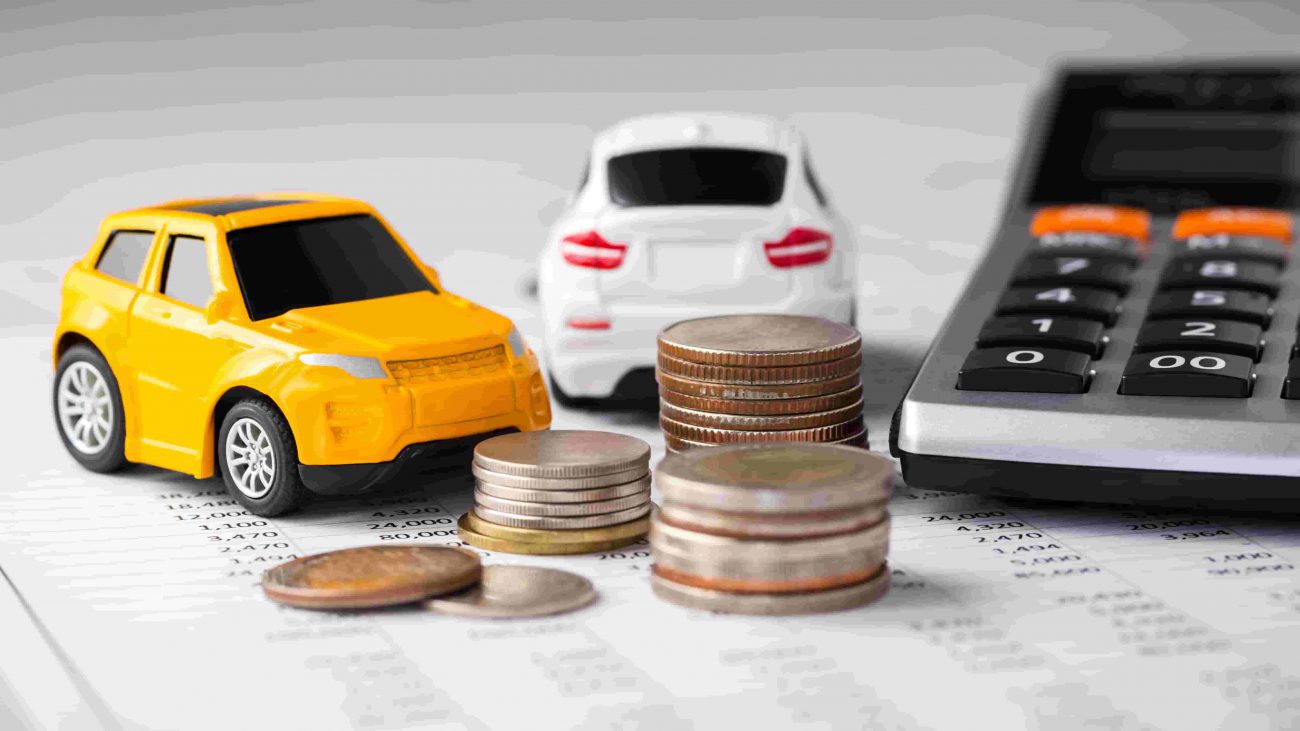When it comes to securing the right car insurance, it’s important to approach the process thoughtfully. Insurance is meant to protect not only your vehicle but also your finances in case of an accident or unexpected event. With numerous options available, choosing the best plan requires careful consideration. Taking the time to compare different plans and coverage options can help ensure you select a policy that fits your needs and budget.
One of the first steps is to request car insurance quotes from multiple providers. This will give you a clearer idea of coverage options, premiums, and potential hidden costs. Asking the right questions during this process ensures that you are adequately covered and won’t be caught off guard by additional fees or exclusions. Here are the key questions to ask before finalizing your decision and signing on the dotted line.
What Types of Coverage Do You Need?
Before making any decision, you should be clear about the types of coverage you require. The first step is to understand the basic categories of car insurance. At a minimum, liability coverage is required in most states, but there are other options, such as collision, comprehensive, and personal injury protection (PIP), that can further protect you.
Each of these types covers different aspects of potential damage or injury. Comprehensive insurance covers incidents like theft, vandalism, or natural disasters, while collision insurance handles the cost of repairs or replacements after an accident. Personal injury protection helps cover medical bills regardless of who is at fault.
What is the Deductible Amount, and How Does It Affect Your Premium?
The deductible is the amount you must pay out of pocket before your insurance policy kicks in to cover any costs. This is a crucial factor in determining your monthly premium and your out-of-pocket expenses in case of a claim. Generally, the higher the deductible, the lesser your premium will be. However, if you choose a higher deductible, you’ll be responsible for a greater amount of money upfront when an incident occurs.
What Are the Limits of Your Coverage?
Each type of coverage comes with a limit, which refers to the maximum amount an insurance company will pay out for a particular claim. Knowing these limits is important because it helps you understand how much protection you’ll actually get. For example, if you’re involved in a severe accident and the damages exceed your coverage limit, you may be responsible for the remaining costs.
Inquire about the per-accident limit and the per-person limit, especially in cases involving bodily injury. Be sure to compare these limits with your potential liability and the total value of your assets. If the limits seem too low for your situation, ask about options for increasing them.
What Discounts Are Available to Lower Your Premium?
Many insurance providers offer a variety of discounts that can help reduce your overall premium. These discounts may be based on factors like your driving history, the type of vehicle you own, or even your profession.
Some companies also provide discounts for bundling multiple insurance policies, such as home and auto insurance. It’s important to ask about all potential discounts to ensure you’re getting the best possible rate. In addition to standard discounts, some providers may offer perks like safe driver bonuses or loyalty rewards that can further reduce costs.
Does the Insurance Handle Uninsured or Underinsured Drivers?
Accidents can happen with other drivers who may not have sufficient insurance to cover damages. This can be especially frustrating if the accident wasn’t your fault. Therefore, it’s important to ask how your policy handles uninsured or underinsured motorists.
Many policies offer coverage for these situations, but the specifics vary. Make sure to ask if this protection is included and, if not, what the options are for adding it to your policy. This coverage can prevent a financial disaster if you’re involved in an accident with someone who doesn’t have adequate coverage.
How to Choose the Right Insurance Company
Selecting the right provider goes beyond just picking the cheapest option. You should also consider customer service, the claims process, and the provider’s financial stability. A reputable company with a strong track record of handling claims efficiently and providing good customer support can make all the difference in a stressful situation. Look for customer reviews, ratings from independent agencies, and recommendations from trusted sources when evaluating insurers.
Before purchasing car insurance, it’s essential to ask the right questions to ensure you’re making an informed decision. Requesting car insurance quotes from multiple providers is a great way to compare premiums and coverage options. Taking the time to research and ask these critical questions will help you navigate the process with confidence and secure the best protection for yourself and your vehicle.

